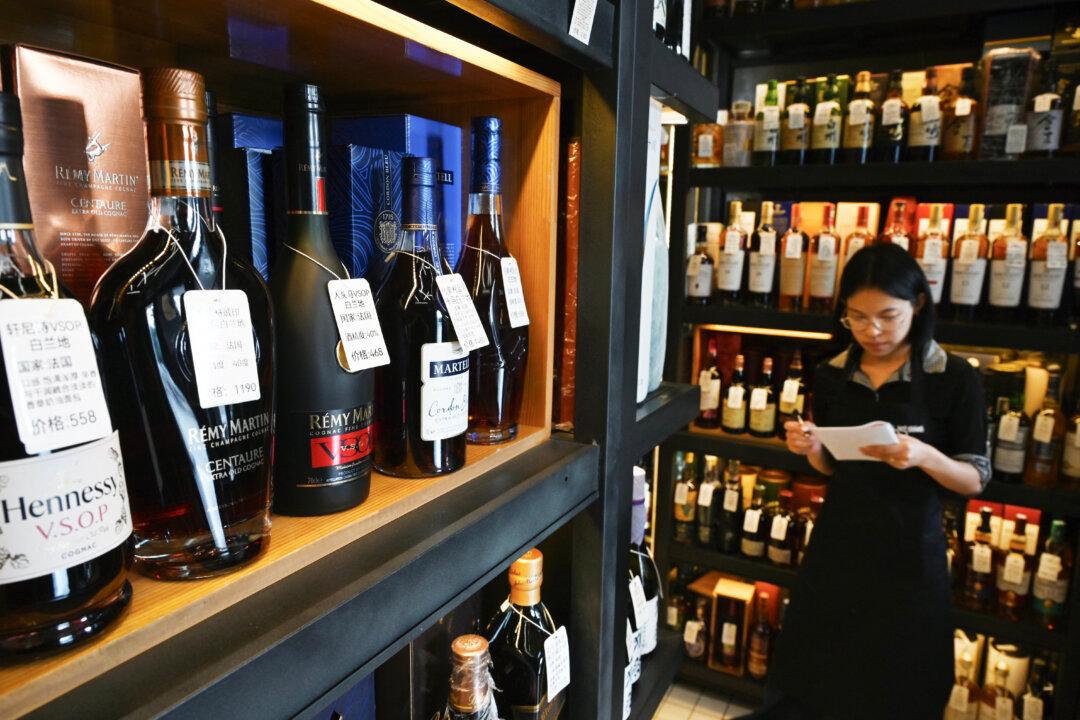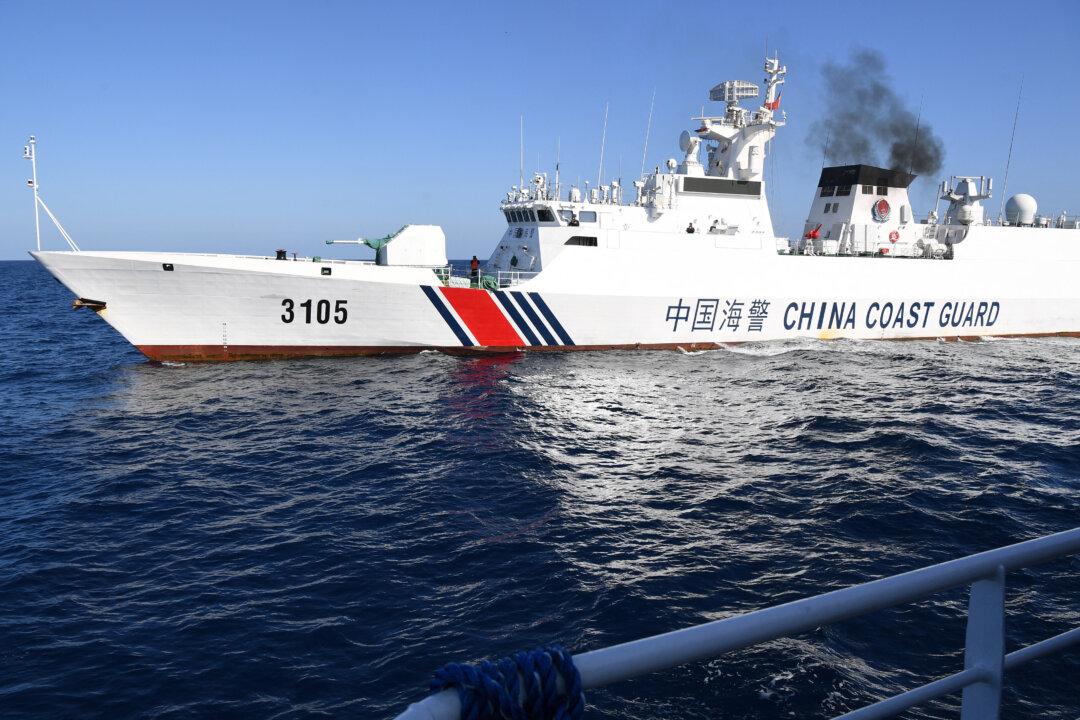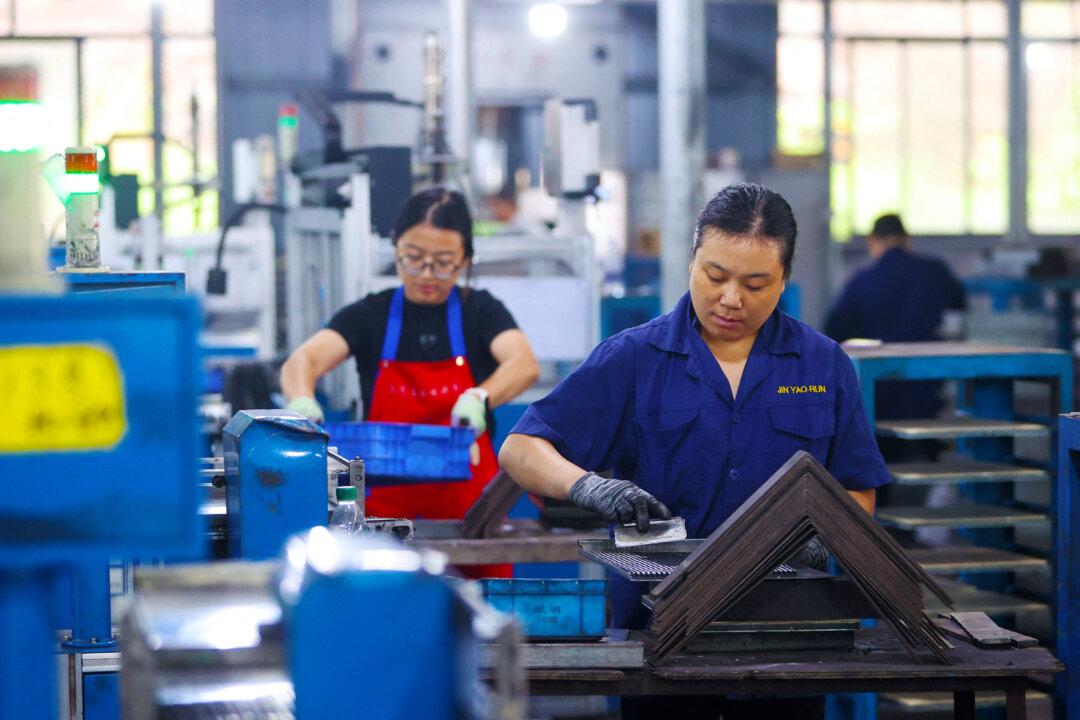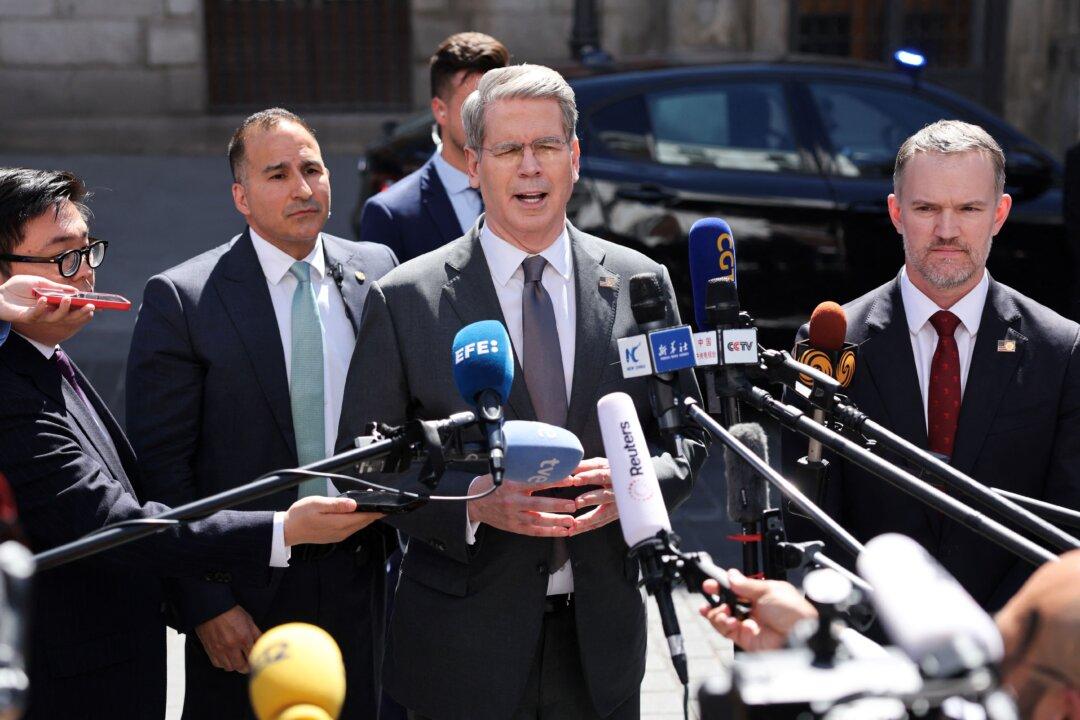China will impose duties of up to 34.9 percent on European brandy for five years starting on July 5, according to China’s Ministry of Commerce. Certain major producers will be exempt if they agree to maintain prices above a minimum threshold.
In a summary of its findings, China’s ministry said that imported brandy originating from the European Union was being dumped in the Chinese market, posing “a material threat of injury” to local industries.
In a separate document, the ministry outlined tariffs for European brandy ranging from 27.7 percent for Martell to 34.9 percent for Hennessy.
The ministry stated that it had accepted the minimum price commitment made by some European producers, meaning that their beverages will avoid the new duties. It listed the names of more than 30 companies offering the commitments, including major French cognac brands Pernod Ricard, Remy Martin, and Hennessy, but didn’t specify the minimum prices at which they agreed to sell on the domestic market.
China will also return security deposits that European companies have paid since October 2024, according to the ministry.
Beijing’s move sparked concern among industry groups.
The Bureau National Interprofessionnel du Cognac (BNIC), representing cognac producers in France, stated that the minimum price commitment offered by its members does not imply an admission of dumping practices.
The group called on the French government and the European Commission to engage with Chinese authorities to find political resolutions.
“The minimum price commitment regime offers more tolerable conditions for our companies than the definitive anti-dumping taxes announced, even though the market access it allows remains impaired,” BNIC President Florent Morillon said in a July 4 statement.
Hervé Dumesny, director general of industry group spiritsEUROPE, said he regrets China’s decision to impose the duties.
The ministry’s move came after it announced that China’s top diplomat Wang Yi was visiting Europe for meetings with senior officials.
Wang is on a European tour aimed at laying the groundwork for a high-level summit later this month to mark the 50 years since the Chinese communist regime and the EU established formal diplomatic relations.
On July 3, Wang was hosted by German Foreign Minister Johann Wadephul in Berlin, the second stop of his European trip.
Following their meeting, the German Foreign Office said Germany and China have close economic relations, but noted that “fair competition is important.”






